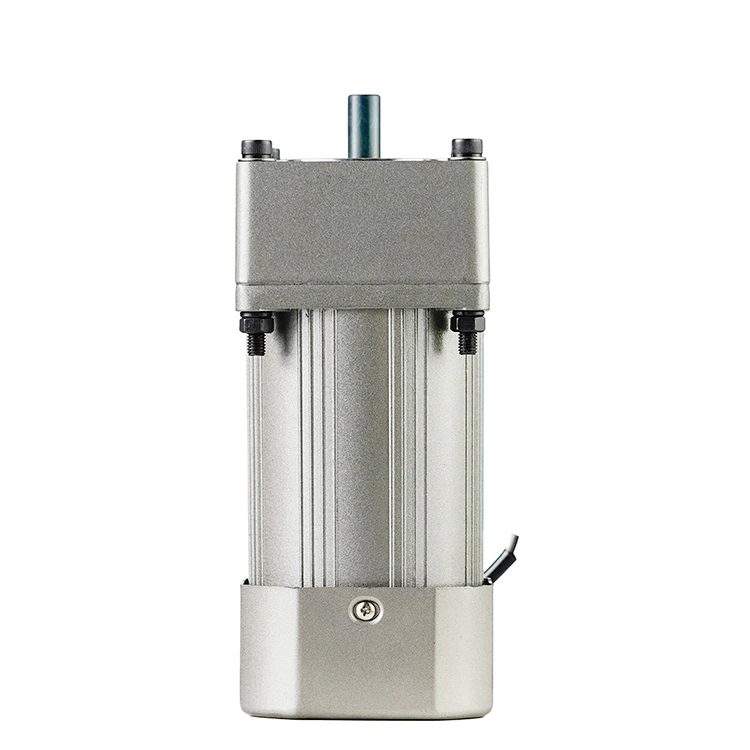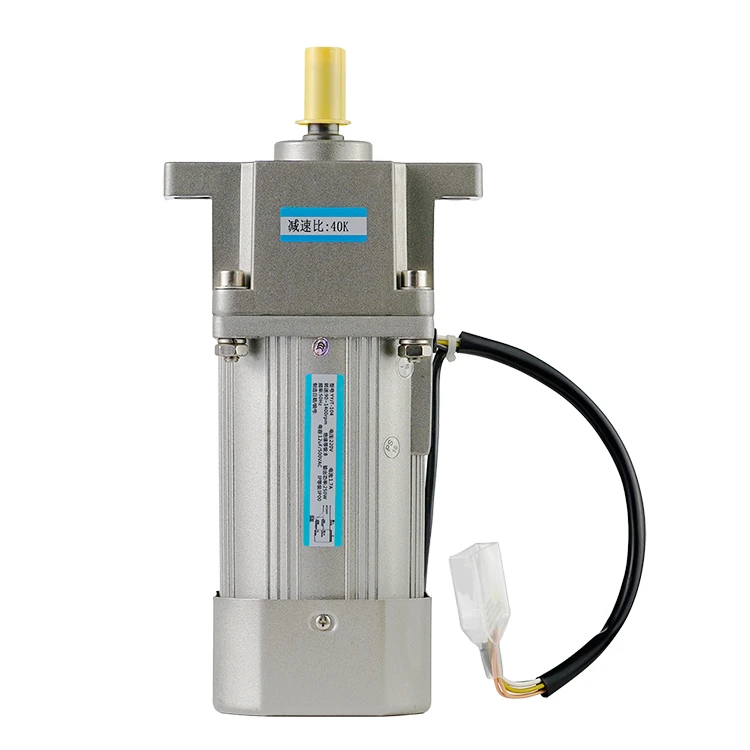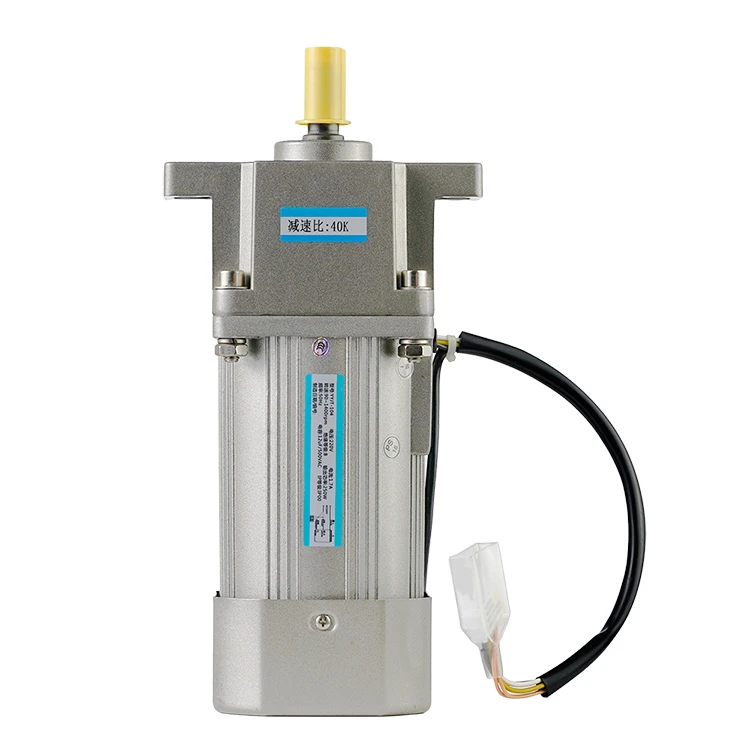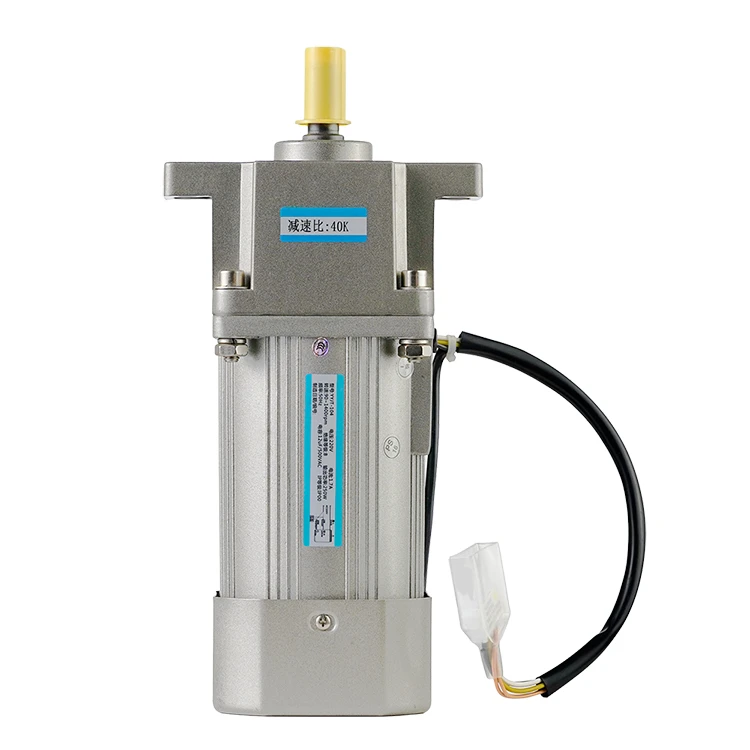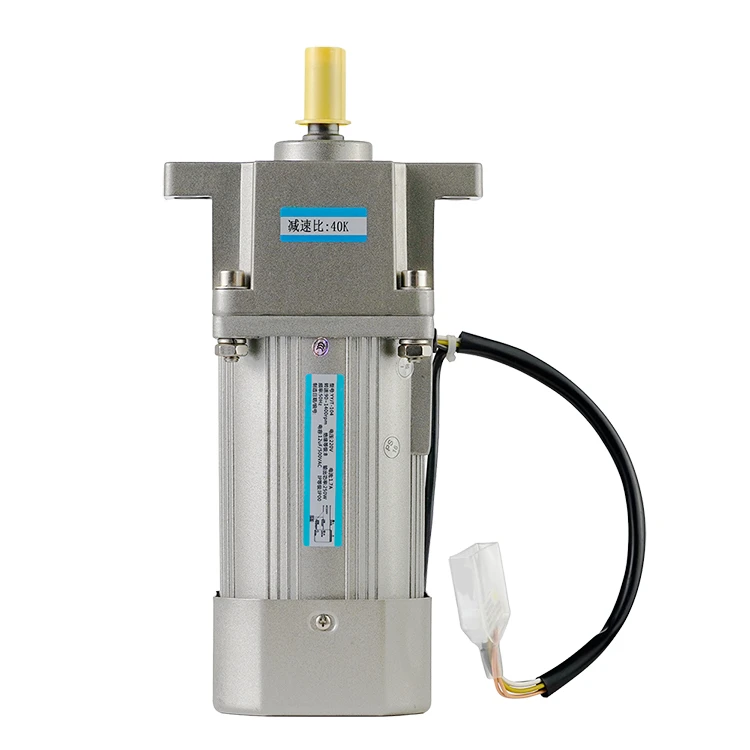Roller Screw Technology for Linear Actuator
2024-09-14 10:59:19
Roller screw technology is an advanced method for converting rotary motion into linear motion in linear actuators. It offers an ideal solution for high-force, high-precision applications that requires reliability and performance. Linear actuators that use roller screw mechanisms are typically employed in industries such as aerospace, defense, robotics, and manufacturing, where the need for durability and accuracy is paramount. This article will provide an in-depth overview of roller screw technology, its advantages over other technologies such as ball screws, and its applications in modern electric actuators.

What is Roller Screw Technology?
Roller screw technology consists of a series of threaded rollers positioned between a threaded shaft and a nut. The rollers engage with the threads on both the shaft and the nut, transmitting torque from the motor into linear motion. This mechanism differs from ball screws, which use ball bearings to achieve a similar function.
Roller screws are designed to handle heavy loads and offer higher efficiency compared to ball screws. They can operate at higher speeds and with more precision, which is why they are favored in industries that demand high-performance solutions. Due to the increased contact surface area between the rollers and the screw, roller screws provide more thrust force than ball screws of the same size. This makes them suitable for applications where strength and durability are critical.
Advantages of Roller Screw Technology
Roller screw technology offers several advantages that make it a superior option for high-force, high-performance applications. These benefits include higher load capacities, increased precision, better efficiency, and longer service life.
- High Load Capacity:
One of the key advantages of roller screw technology is its ability to handle extremely high loads. Because roller screws have a larger contact surface area than ball screws, they can withstand greater axial forces without experiencing the same level of wear and tear. This makes them ideal for heavy-duty applications where the actuator needs to support significant mechanical loads over long periods.
The improved load capacity of roller screws also makes them suitable for applications where there are high levels of shock or vibration. This added durability allows the roller screw to maintain performance even under adverse operating conditions, contributing to increased system reliability.
- Precision and Accuracy:
Roller screw actuators provide a higher level of precision and accuracy compared to other types of actuators. The increased number of contact points between the rollers and the screw threads ensures smoother and more controlled movement. This results in better positional accuracy, making roller screw actuators ideal for tasks requiring fine movement control.
The precision of roller screws is not only beneficial for positioning applications but also for applications where the actuator needs to maintain a specific level of force or tension. Roller screws can deliver force consistently and accurately, making them essential in applications such as tensioning systems, robotic systems, and high-precision manufacturing.
- Higher Efficiency:
Roller screws are more efficient than ball screws, particularly in applications involving continuous or high-speed motion. The rolling contact between the threaded rollers and the screw results in less friction than the sliding contact in traditional screw designs. Reduced friction means that roller screws can operate more efficiently and with less energy consumption, which is important for maintaining performance over long periods.
Additionally, the higher efficiency of roller screws allows them to handle higher speeds without overheating or degrading. This makes roller screws well-suited for dynamic applications where the actuator needs to move quickly and consistently.
- Longer Service Life:
Another significant advantage of roller screw technology is its extended service life. Because of the larger contact area between the rollers and the screw, roller screws experience less wear and are better able to distribute stress across the system. This leads to a longer operational life compared to ball screws and other technologies.
In applications where downtime and maintenance are costly, the long service life of roller screws can provide significant savings over time. Roller screws are particularly valuable in mission-critical systems where actuator failure could result in significant consequences, such as in aerospace or defense applications.
Comparison with Ball Screws
While both roller screws and ball screws are commonly used in linear actuators, there are key differences between the two technologies that make roller screws more advantageous in certain scenarios.
- Load Capacity: Roller screws can handle higher loads than ball screws. Ball screws rely on the small contact points between the ball bearings and the screw threads, which limits the amount of load they can bear. In contrast, the multiple contact points in a roller screw allow it to support much greater axial forces.
- Efficiency: Although ball screws are highly efficient in low-load applications, roller screws offer better efficiency when higher loads and speeds are required. The rolling contact in roller screws results in less friction, allowing for smoother, more energy-efficient operation under high-stress conditions.
- Durability: Roller screws are more durable than ball screws, especially in applications where there is high shock, vibration, or extreme operating conditions. The improved durability of roller screws makes them a better choice for applications that require long-term reliability and minimal maintenance.
- Cost: Roller screws tend to be more expensive than ball screws due to their more complex design and manufacturing process. However, in applications where high performance and longevity are required, the initial investment in roller screws can be justified by their superior performance and reduced maintenance costs.
Applications of Roller Screw Technology in Linear Actuators
Roller screw technology is particularly beneficial in applications where high force, precision, and long life are required. Below are some of the industries and applications that commonly use roller screw actuators:
- Aerospace:
In the aerospace industry, roller screw actuators are used in systems where precision and reliability are critical. For example, they can be found in aircraft landing gear systems, control surfaces, and other high-force applications that require precise movement under heavy loads. The ability of roller screws to operate under extreme conditions and withstand high levels of stress makes them a preferred choice for aerospace engineers.
- Robotics:
Robotic systems often require actuators that can deliver precise and consistent force over long periods. Roller screw actuators are well-suited for robotic applications due to their high precision, load capacity, and durability. They allow robots to perform tasks such as gripping, lifting, and moving with greater accuracy and efficiency.
- Manufacturing and Automation:
In manufacturing and automation, roller screw actuators are used in applications that require high-speed movement and high-force output. This includes systems such as presses, stamping machines, and assembly lines. The ability of roller screws to maintain accuracy and consistency at high speeds makes them valuable in these environments, where uptime and productivity are critical.
Conclusion
Roller screw technology represents a significant advancement in the design and performance of linear actuators. Its ability to handle high loads, deliver precise and efficient motion, and operate reliably in harsh environments makes it an ideal solution for industries that demand high performance and durability. While roller screws are more expensive than ball screws, the benefits they provide in terms of load capacity, precision, efficiency, and longevity make them suitable in specific high-demand applications.
See What Lunyee Can Do For You
Contact Us
- 8619149417743
- +86-0371-5562 0274
- [email protected]
- Zhengzhou, Henan Province, China
- Mon-Fri: 9:00 - 18:00
